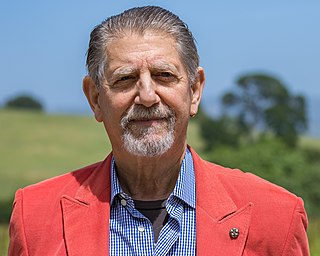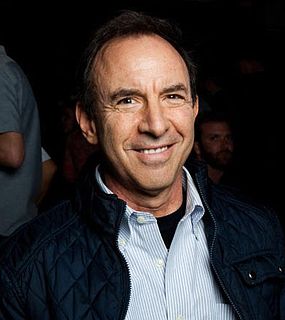A Quote by Noam Chomsky
If you accept the institutional lunacy, then the policies are rational.
Related Quotes
If there are dollars to be made, you destroy the environment. The reason is elementary. The people who are going to be harmed by this are your grandchildren and they don't have any votes in the market. Their interests are worth zero. Anybody that pays attention to their grandchildren's interests is being irrational. Because what you're supposed to do is maximize your own interests, measured by wealth, right now. Nothing else matters. So destroying the environment and militarizing outer space are rational policies, but within a framework of institutional lunacy.




































